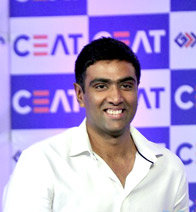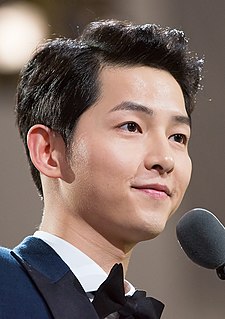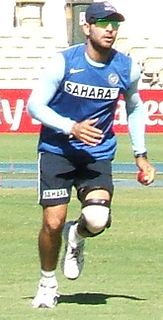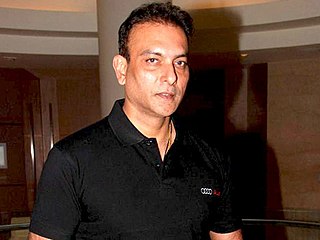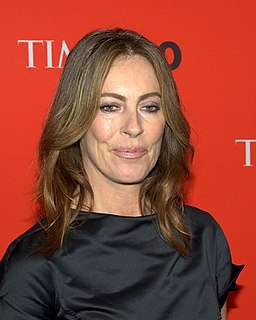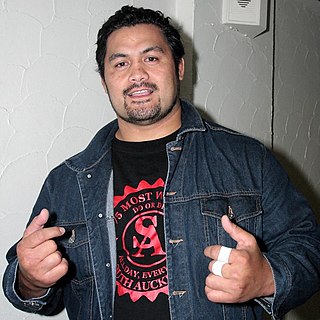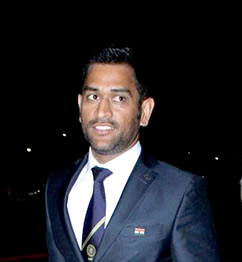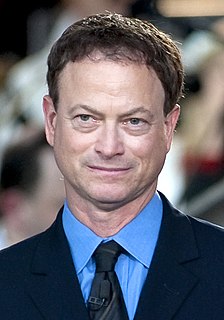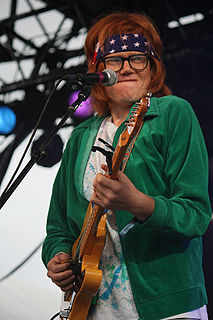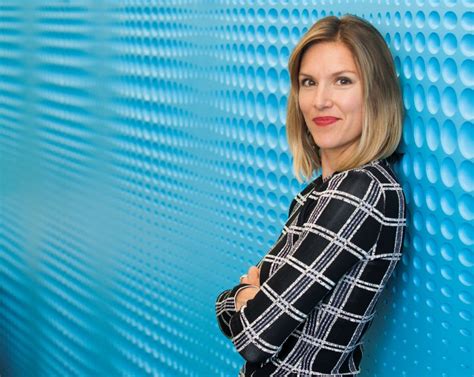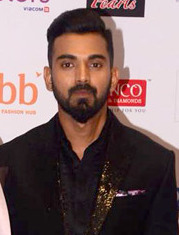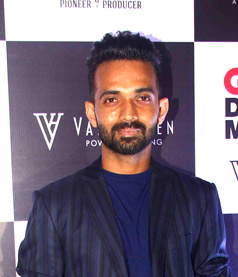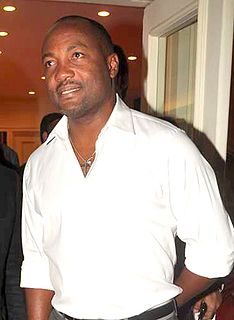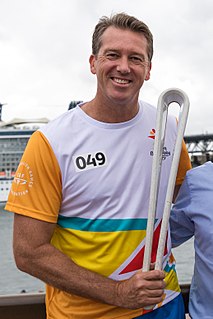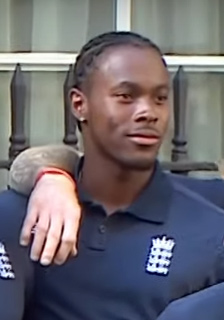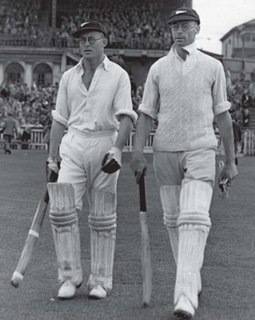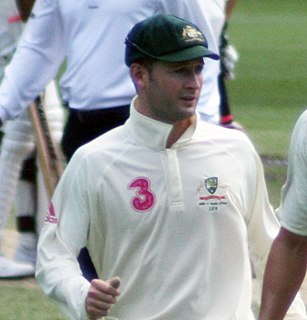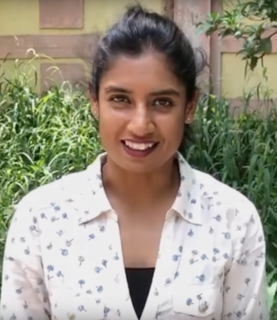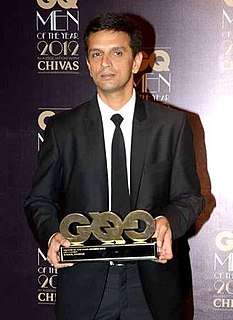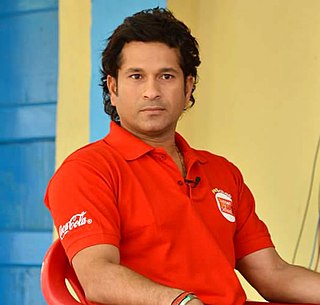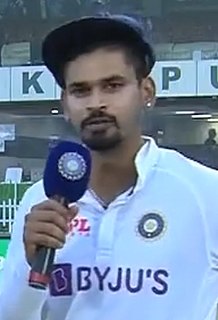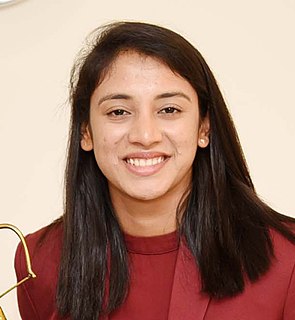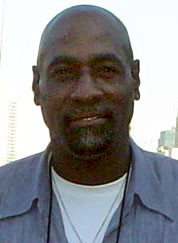A Quote by Ravichandran Ashwin
Adaptability is one of the biggest strengths that I have. To make decisions on the field, try and convince my captain to change fields, try and make him give that extra couple of overs.
Related Quotes
When I work with other people, I try to make up for their shortcomings with my strengths, and I let others make up for my flaws with their strengths. I try to co-operate with people around me when working in a group. I like to enhance team spirit on set. I try to get everyone involved in the action.
Being the vice-captain, you see a lot of things on the field. You have to try and help the captain as much as you can and lead by example on the field. Small things like getting a run-out or taking a catch makes the other boys try and lift their standards. So yes, I do have an important role, even if I'm not captain.
As an artist I write about the world I want to live in. And as a musician and someone who is in the public eye, I think you have this responsibility to influence people. So I try influence people to live from their heart and make conscious decisions , and I try just inspire people to make positive change. That's purely the reason I do it. I want to see the world get better, you know?
I try to do two things: locate my fastball and change speeds. That's it. I try to keep as simple as possible. I just throw my fastball (to) both sides of the plate and change speed every now and then. There is no special food or anything like that, I just try to make quality pitches and try to be prepared each time I go out there.
